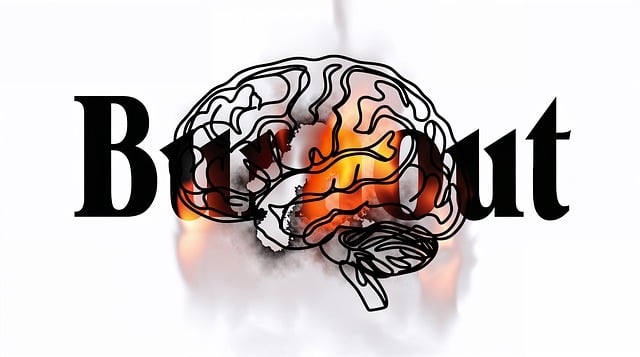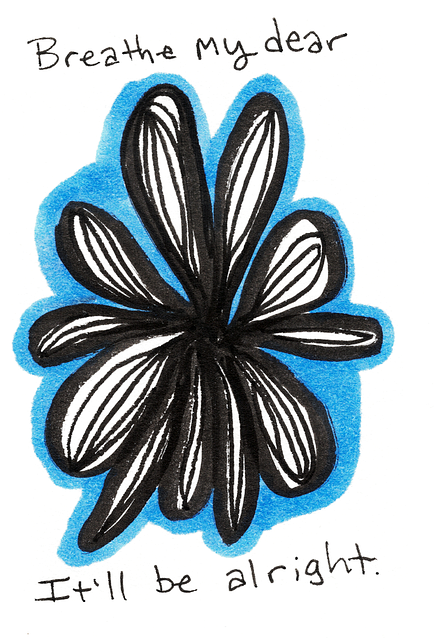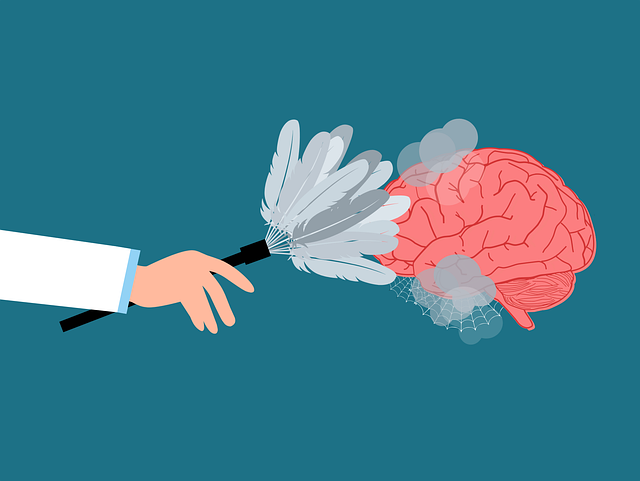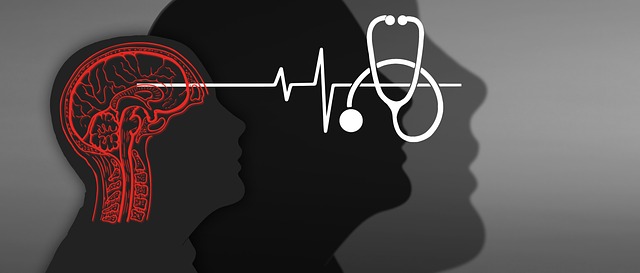The need for a comprehensive Boulder Blended Families Therapy program is highlighted for its ability to tackle unique mental health challenges within blended families, including complex dynamics and stress management. Through risk assessment, clear objectives (e.g., improved communication), strategic curriculum design with interactive elements, tailored outreach, and data-driven evaluation, the program ensures relevance and effectiveness. Key components include mindfulness practices, parental support networks, group discussions, role-playing, workshops, and community engagement to address burnout prevention and depression among participants.
The well-being of blended families deserves focused attention, especially in today’s complex social landscape. This article explores the design of an innovative mental health education program, the Boulder Blended Families Therapy (BBFT) Program, tailored to meet unique challenges these families face. Through a multi-faceted approach, we’ll delve into assessing community needs, crafting engaging curricula, and implementing strategies that foster resilience and strengthen family bonds. Discover how BBFT leverages blended learning for lasting impact.
- Assessing the Need and Defining Objectives for Boulder Blended Families Therapy Program
- Designing an Engaging and Effective Curriculum: Strategies and Activities
- Implementation, Evaluation, and Continuous Improvement for Long-Lasting Impact
Assessing the Need and Defining Objectives for Boulder Blended Families Therapy Program

Assessing the need for a Boulder Blended Families Therapy Program is a crucial step in ensuring its effectiveness and relevance. This involves understanding the unique mental health challenges faced by blended families, which often include complex dynamics from previous relationships, step-parents, and step-siblings. A comprehensive risk assessment for mental health professionals should be conducted to identify potential issues such as trauma, attachment disorders, and conflict management difficulties. By evaluating these aspects, the program can set specific objectives tailored to support these families in navigating their complexities.
Defining clear objectives is essential for the success of any therapy initiative. For the Boulder Blended Families Therapy Program, goals might include improving communication and conflict resolution skills, fostering healthier attachment styles, and promoting resilience among family members. Incorporating strategies like mindfulness practices and stress management techniques can aid in burnout prevention, a critical concern for healthcare providers, especially when addressing high-risk cases. Additionally, focusing on building strong parental support networks can contribute to effective burnout prevention strategies for mental health professionals engaged in these families’ therapy.
Designing an Engaging and Effective Curriculum: Strategies and Activities

Designing an engaging and effective mental health education program requires a strategic blend of interactive activities, relevant content, and diverse teaching methods tailored to the target audience. For instance, when creating a curriculum for Boulder Blended Families Therapy, incorporating elements that resonate with both individuals and families is key. This could involve group discussions on family dynamics, role-playing scenarios tackling common therapeutic challenges, and interactive workshops focusing on communication skills and stress management techniques.
To enhance engagement, integrate real-world examples, case studies, and guest speakers from the community to bring a practical perspective. Balancing theoretical knowledge with hands-on exercises ensures participants actively participate and retain information effectively. Additionally, leveraging Community Outreach Program Implementation strategies allows for tailored delivery methods, catering to diverse learning styles. Incorporating Trauma Support Services and Burnout Prevention Strategies for Healthcare Providers, for instance, can be woven into the curriculum to address specific needs within the target population.
Implementation, Evaluation, and Continuous Improvement for Long-Lasting Impact

Implementing a mental health education program requires a strategic approach for long-lasting impact. Once designed, the program should be evaluated to measure its effectiveness in addressing specific mental health concerns within the target audience, such as burnout prevention and depression prevention among Boulder Blended Families Therapy clients. This evaluation stage is crucial for understanding what works well and identifying areas of improvement. By gathering feedback from participants and tracking key performance indicators (KPIs), program developers can make data-driven adjustments to enhance the overall experience.
Continuous improvement ensures that the mental health education program remains relevant and impactful over time. Incorporating lessons learned from evaluation cycles, the program can evolve to better serve its community. For instance, integrating successful components of social skills training into subsequent sessions can foster a supportive environment, encouraging open dialogue about mental well-being. Regularly reviewing and refining the curriculum not only keeps participants engaged but also ensures that the program stays aligned with the latest research in mental health practices.
The Boulder Blended Families Therapy Program’s success lies in its holistic approach, combining assessment, engaging curriculum design, and continuous improvement. By focusing on these key components, the program effectively addresses the unique mental health needs of blended families. Through strategic planning, inclusive activities, and regular evaluation, this model ensures long-lasting positive impacts on family dynamics and individual well-being, setting a standard for comprehensive mental health education in Boulder and beyond.








